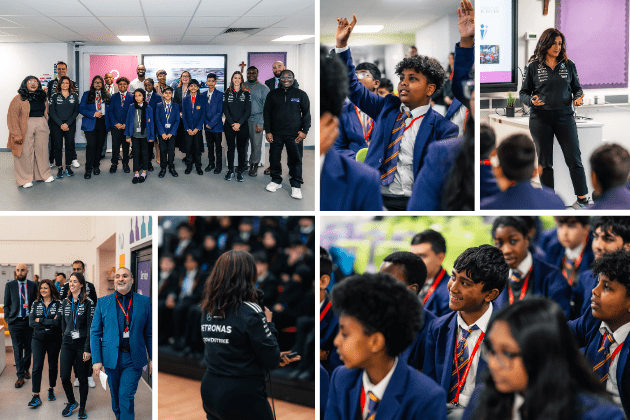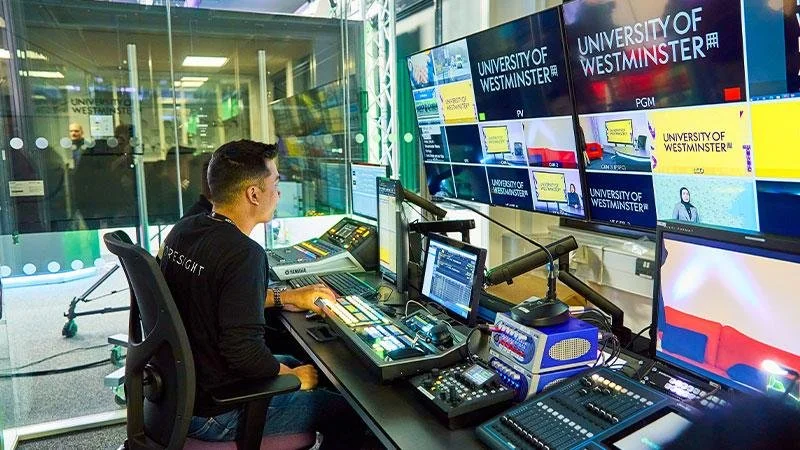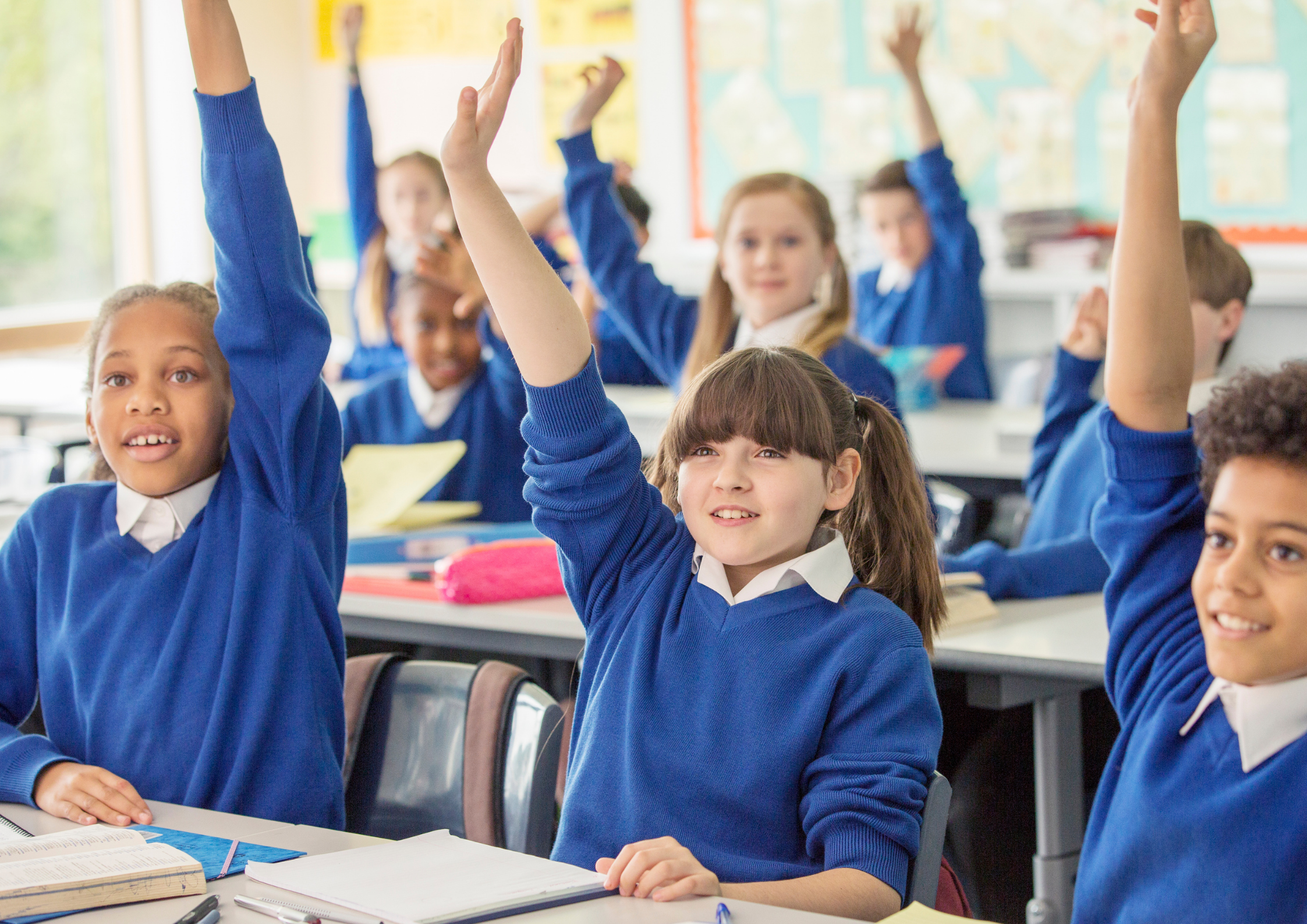Study reveals over half of low-income UK families face digital exclusion during summer holidays
RM Technology and the Digital Poverty Alliance call for urgent action as teachers warn studentss are falling behind without reliable access to devices and internet.
More than half of low-income families across the UK say their children struggle to access devices or stable internet outside school, with the summer holidays leaving many cut off from learning, according to new research.
Digital access gap widens during school breaks
The study, commissioned by education technology provider RM Technology in partnership with the Digital Poverty Alliance, surveyed 2,000 parents and 600 teachers. It found 57 percent of families face challenges with digital access beyond the classroom, while a third of parents say schools assume they have sufficient technology at home.
One in ten children rely on smartphones to complete schoolwork, despite their limitations for learning. Around 15 percent of families share a single device among siblings or parents, while 11 percent have little or no home internet access. Some parents resort to borrowing Wi-Fi from neighbors or public networks, and others depend on grandparents or friends to buy devices.
For one in ten families, the issue is so acute they must choose which child gets time on a device for homework.
Teachers see students falling behind
Teachers report seeing the consequences. Three-quarters say poor access causes students to fall behind or disengage from lessons, and nearly a third highlight a lack of digital skills among students. Yet only 17 percent of teachers are aware of any government policies addressing the issue, while 35 percent say their schools have no plan to support children with limited access outside school, gaps that become more apparent during long breaks.
Teachers say their top priorities go beyond hardware. About 36 percent call for upgraded or new devices, but nearly as many want digital literacy programs (35 percent), faster internet connections (34 percent), more government funding (34 percent), and better teacher training (33 percent). Younger teachers emphasize training and broadband upgrades even more strongly.
Parents also want wider support, with almost a quarter seeking better online safety guidance, 19 percent wanting digital skills training for themselves, and 17 percent calling for technical help with home devices.
Government response pending
The government is reviewing findings from its “Narrowing the digital divide in schools and colleges” consultation, with plans to update digital and technology standards. However, RM Technology and the Digital Poverty Alliance say more immediate, coordinated action is needed from public and private sectors.
Elizabeth Anderson, chief executive officer of the Digital Poverty Alliance, says the summer holidays highlight the deepening inequality. “Digital poverty is a harsh reality that traps children in a cycle of disadvantage. When the school doors close for summer, many children lose access to essential tools for learning, pushing inequality even further. Tackling this requires all of us — government, schools, businesses — to come together and ensure every child has equal digital opportunities, no matter their background,” Anderson says.
Mel Parker, educational technologist at RM Technology and a former teacher, adds that access alone isn’t enough. “From my experience in schools, I see every day how lack of reliable internet and device-access at home creates real barriers for children. It’s not enough to hand out laptops — families need ongoing support and safer, faster connections so learning can happen inside and outside the classroom. The summer break only makes this gap wider, and it’s something we urgently need to address together,” Parker says.




















